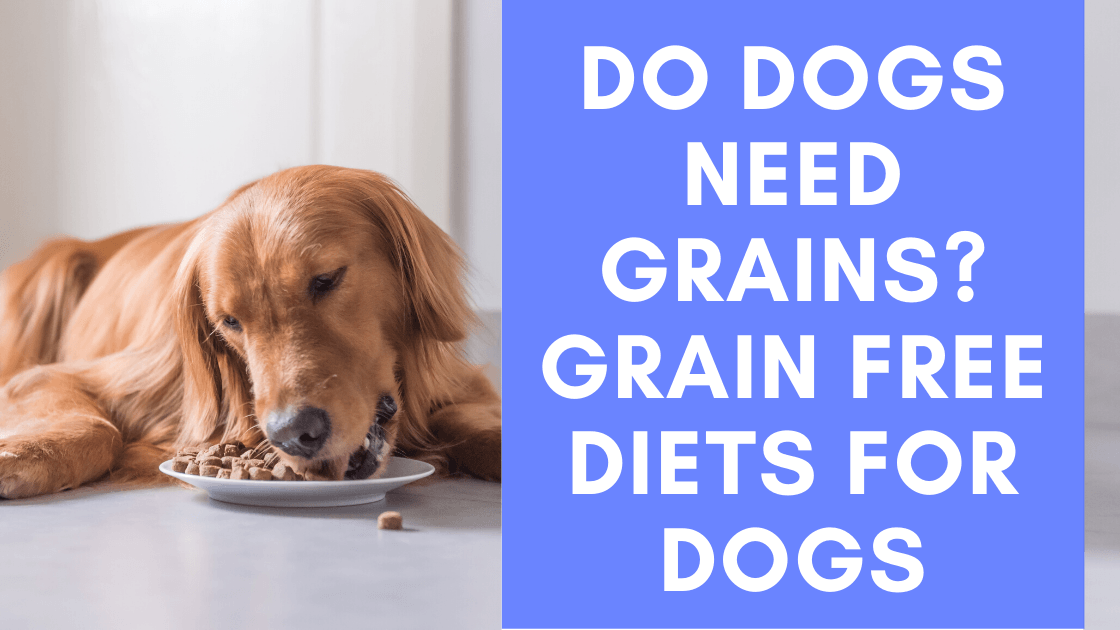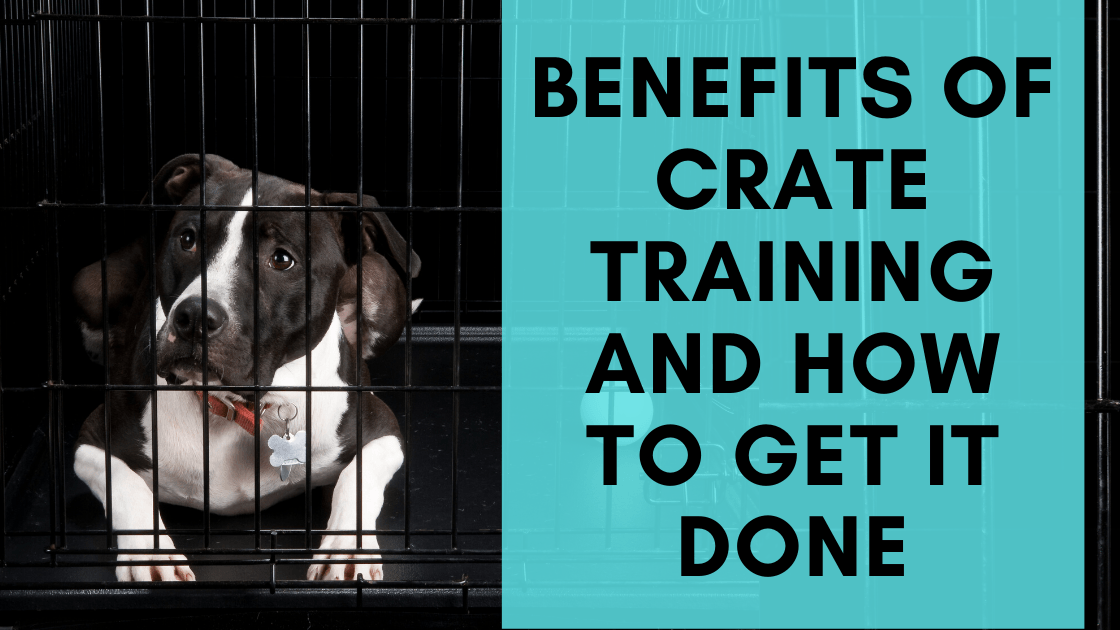Sometimes dog owners might find themselves wondering, why won’t my dog eat dog food? If this is the case, it’s important to figure out what’s going on and then address the issue.
Maybe your dog has grown accustomed to human food or people treats. They could have an underlying health issue, or perhaps they are bored with their current dry dog food. And then there are the dogs that just aren’t very food driven or are very picky eaters.
Whatever the case may be, let’s get to the bottom of it. Read on to review common reasons dogs won’t eat dog food and tips for how to get your dog to eat dog food again.
With this advice, Fido should be more interested in eating again and you can rest assured they're getting the calories they need.
Figuring out why my dog won’t eat dog food
Because our dogs can’t talk to us and tell us what’s going on (wouldn’t that be a game-changer?!) it’s important to do some detective work anytime our dog exhibits a significant change in behavior. You might have a dog that’s never been a big eater, and you’re here looking for general advice.
However, if your dog is suddenly not eating their dog food, it’s worth some investigating. A trip to the vet may even be in order, especially if your dog hasn’t eaten anything in 24 hours. If you have a puppy, you should call your vet even sooner than the 24-hour mark.
Let’s take a look at some of the most common reasons dogs won’t eat their dog food:
Dog not eating due to health issues
Health issues can often be the cause of a sudden or increased lack of appetite in your dog. If your dog is in pain, having issues with their digestive health, or on a new medication these things can all cause them not to eat.
- Illness or disease: Certain serious illnesses and diseases are more likely to cause a lack of appetite in your dog. Kidney disease, heart disease, cancer, Lyme disease, and other illnesses can all be the culprit
- Dental pain or disease: Sometimes your dog may not be eating due to pain in their mouth. Toothaches, gum disease or other dental diseases could be to blame. In this case, clearing up their mouth pain with the help of a vet may bring their appetite right back
- Other pain: Any time your dog is feeling uncomfortable or in pain may cause them to eat less. Things like hip dysplasia, dog arthritis or general senior dog pain could be to blame
- The side effect of medication: If your dog recently started a new medication or received a vaccine, this could be causing them to not eat. If you think this is what’s going on, give your vet a call to find out what is considered normal and what to look out for
Dog not eating due to stress or environmental changes
Just like big changes in our lives can affect our appetite, dogs are no different. Things like moving, traveling with your dog, changes to your home, bringing home a new baby, or schedule changes can all cause your dog to eat less.
Additionally, a sudden decrease in exercise or attention from you, or uptick in separation anxiety can also be linked to your dog not eating.
Dogs who are picky eaters
Some dogs are just picky eaters or not particularly interested in or motivated by food. Usually these dogs will have been this way for most of their life and it wouldn’t come on suddenly. If you suddenly give your dog a lot more human food or wet food, these dogs may hold out for the good stuff.
How to get your dog to eat dog food
Alright, once you determine why your dog isn’t eating their dog food, you’ll need some tips to get them eating their dog food again. Of course, in the case of an underlying health issue, it’s important follow the advice of your vet and follow these suggestions under their guidance.
- Switch up their dog food: Whatever the reason your dog is avoiding their dog food, switching up the brand, flavor or type can help. Just remember to make a gradual switch by cutting your dog’s typical food with the new variety
- Add healthy human food to make it more enticing: Adding dog-safe human food to the top of their dog food can help. You can add proteins, oil, broth, eggs, and many different fruits and veggies. Get more inspiration on healthy people food treats for dogs
- Leave their food out all day: If possible, try leaving out your dog’s food all day. Some dogs and even specific breeds are known to be grazers. By giving them constant access to their food you may find them eating more. Just measure out an amount in the morning to help you gauge how much they’ve eaten by the end of 12 hours
- Give them very strict time limits for eating: On the flip side, some dogs respond better and begin eating more when they have more limited access to their food. Dogs can quickly learn that this is their opportunity to eat and they better take it
- Make them work for their food: If you suspect your dog isn’t eating due to depression or a change in environment, start having them work for their food. This is a great way to provide mental stimulation and bond with your dog. Give them half of their food in their bowl and put the other half in a pouch on your hip or in your pocket. Anytime you catch them doing good behavior throughout the day and when you give intentional commands, reward them. If you decide to try this method, you need to make sure you are feeding your dog enough
- Hand-feeding your dog: If your dog is ill or depressed, hand feeding can help them eat more. Mixing their dog food with human food and feeding them by hand or with a spoon can be successful
- More extreme circumstances: In very extreme circumstances your vet may recommend a feeding tube or alternative feeding method. If your dog is very sick or has not eaten at all in the past 24 hours it’s imperative to address the issue with your vet
Related Reading: How to Choose the Right Dog Food for your Dog
Get your furry friend eating dog food again
With the advice in this article on reasons your dog isn’t eating and tips on how to get them eating dog food again, we hope your companion will be eating again soon.
Remember that not eating can be a significant red flag about your dog’s physical and mental well-being and should never be shrugged off or ignored. We wish you the best of luck!




1 comment
Zachary Tomlinson
My uncle noticed that his dog isn’t touching his food at all, and it’s starting to make him worry. After reading this article, I learned that this could be because of dental issues or other illnesses. I’ll recommend that he visit an animal hospital for proper diagnosis and treatment. http://www.berlintownshipanimalclinic.com/
My uncle noticed that his dog isn’t touching his food at all, and it’s starting to make him worry. After reading this article, I learned that this could be because of dental issues or other illnesses. I’ll recommend that he visit an animal hospital for proper diagnosis and treatment. http://www.berlintownshipanimalclinic.com/